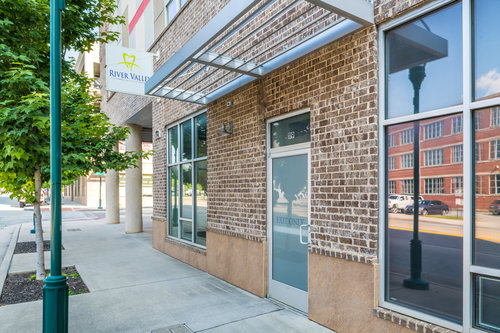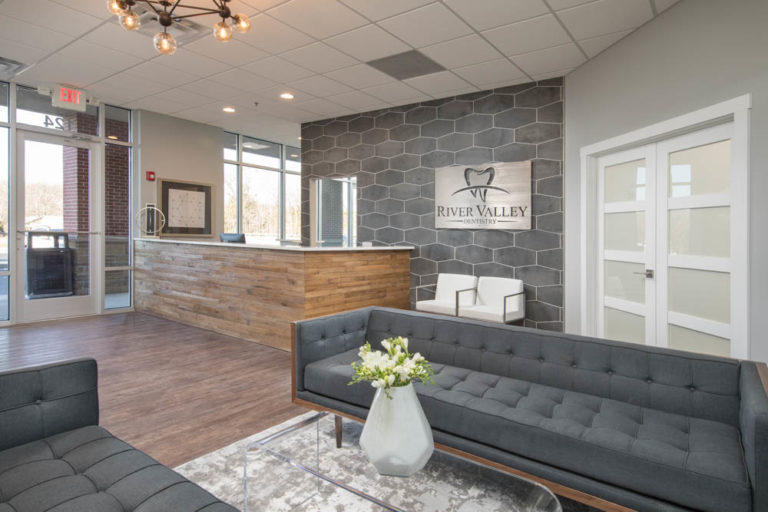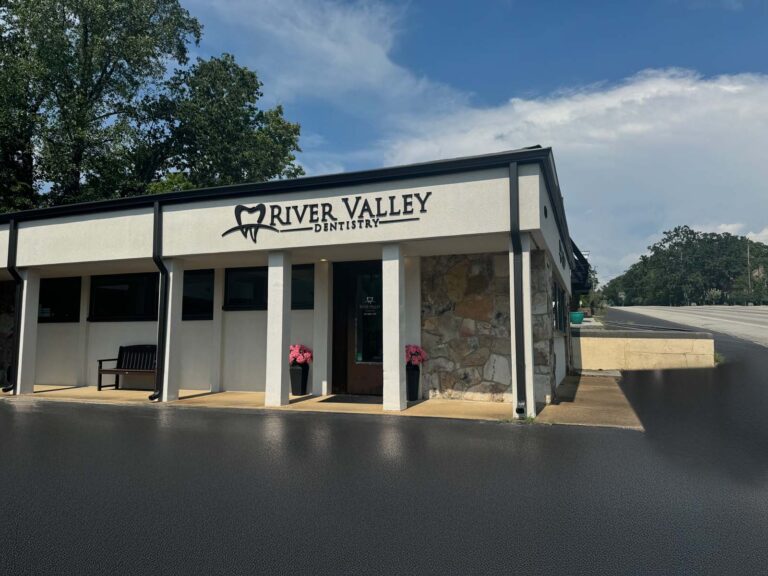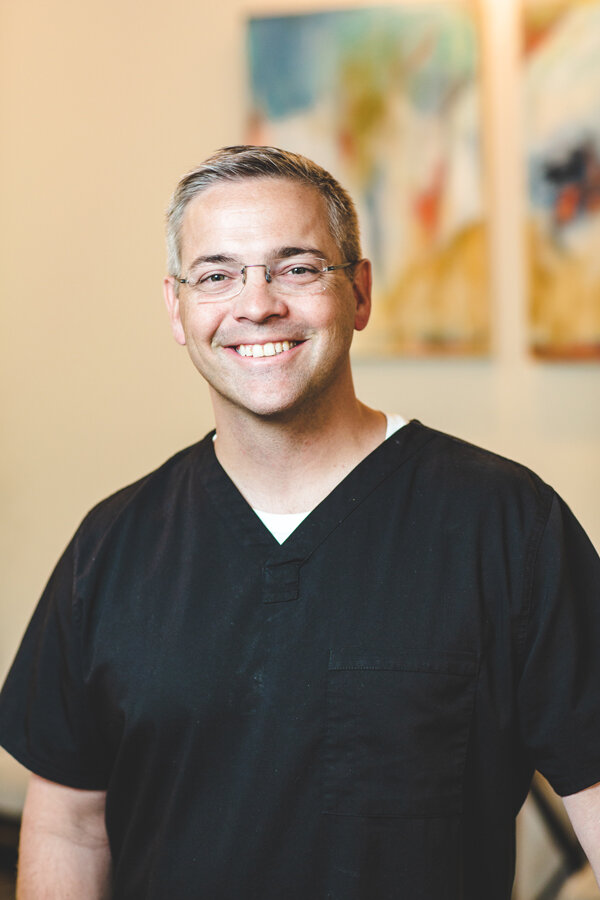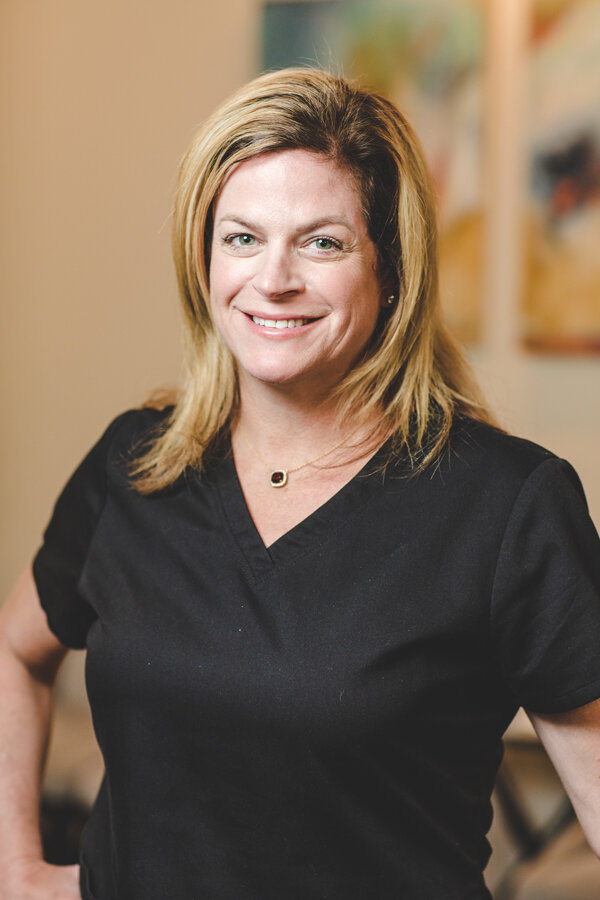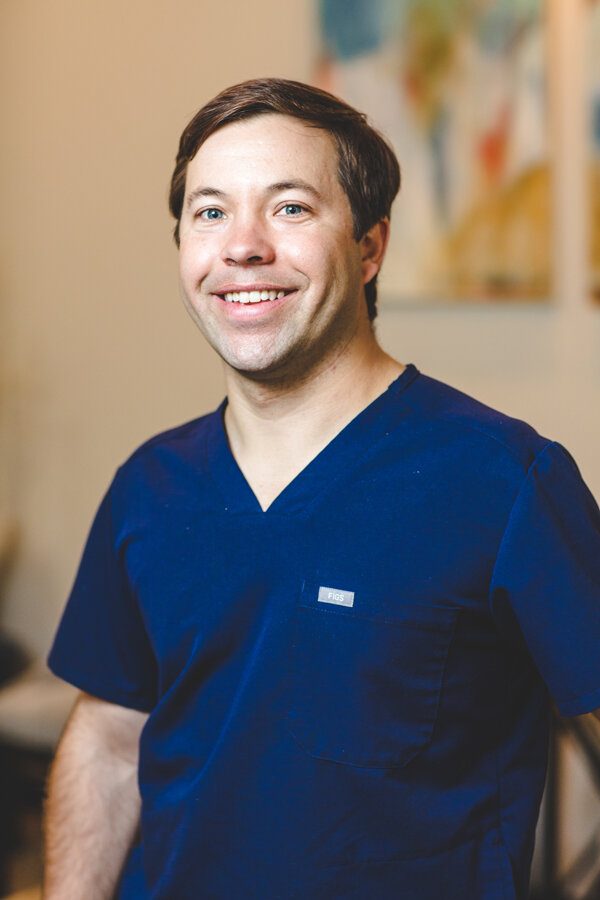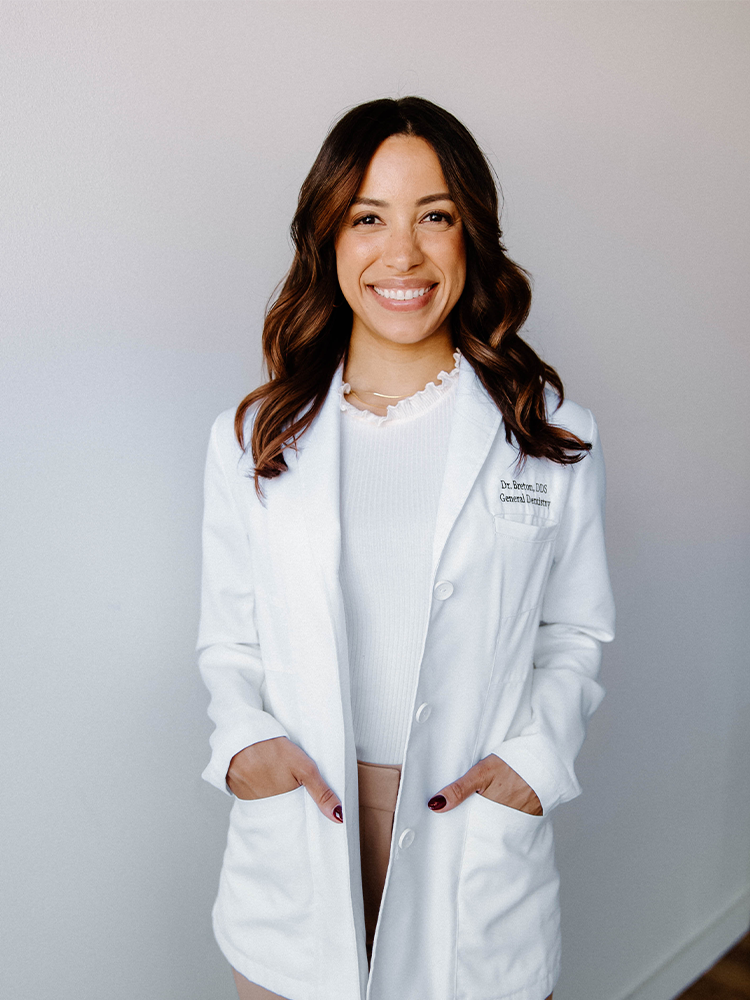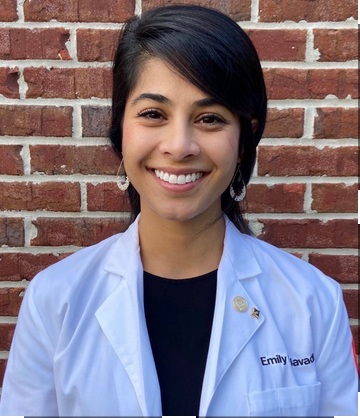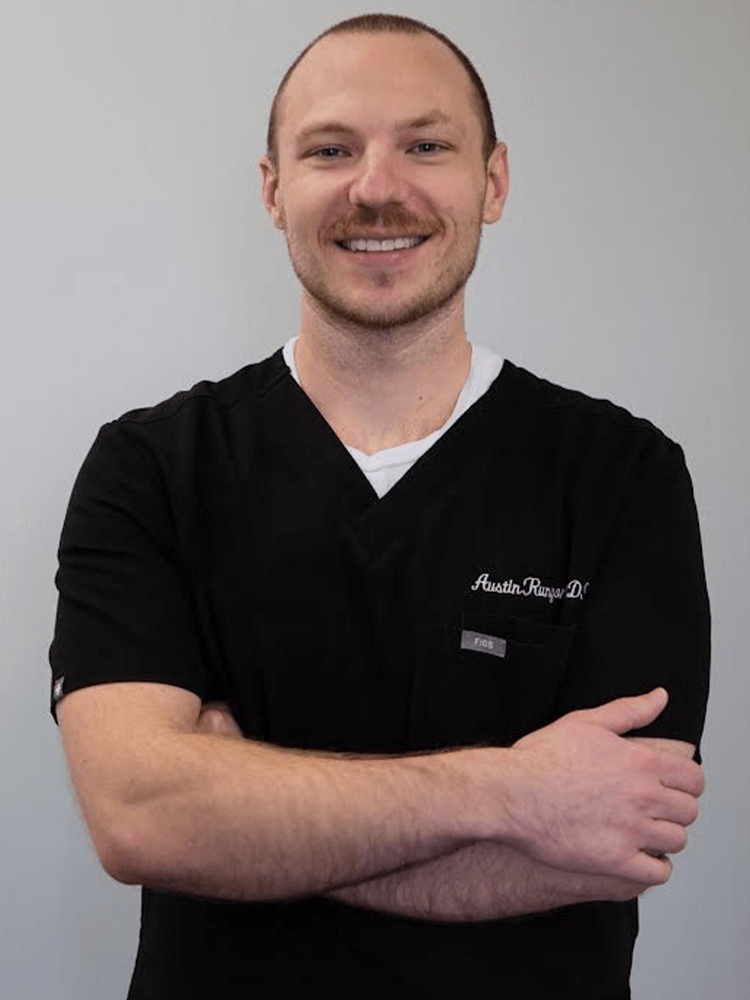Sleep Apnea and Oral Appliances: How Dental Sleep Medicine Can Help You
When you think about services your dentist can provide, you’ll generally think of tooth cleaning, extractions and root canals. But did you know your dentist also may be able to help you with sleep apnea? “Dental sleep medicine” is a rapidly evolving field. One of the most prominent areas of dental sleep medicine is sleep apnea treatment.
Sleep apnea: What is it?
Sleep apnea (sometimes spelled as “sleep apnoea”) is a condition where the inflicted person’s breathing is restricted while they sleep, causing short periods of time where their breathing stops entirely or becomes very shallow during the night, often after snoring. Many people suffering from sleep apnea are unaware they have it, but it can have significant effects on quality of life. Many people who suffer from sleep apnea will wake up after a full night’s sleep without feeling well-rested at all. Going a long time without treatment also can have dramatic medical consequences, such as increasing the risk of heart or respiratory disease.
How can your dentist help?
If you are familiar with sleep apnea, you might associate it with Continuous Positive Airway Pressure (CPAP) machines. These machines are often very effective in treating sleep apnea, but they can be loud, uncomfortable and difficult to travel with.
One effective method of treating sleep apnea is with an oral appliance. These are fitted to your teeth like a mouthguard and comfortably hold your jaw forward to keep your airways unblocked while you sleep. They may not be effective in every case of sleep apnea, but the appliances are silent, more comfortable, easier and more convenient compared to CPAP machines or other electronic breathing equipment.
The right sleep apnea device for you.
When you are looking for an oral appliance to treat your sleep apnea, it’s important to find a high-quality device and have your dentist professionally fit it to your teeth. Depending on the device, this can be done in a short period of time in a single visit, or your dentist may need to take the measurements and have it ready for you on your next visit.
Some oral appliances are available over the counter, but these aren’t FDA approved for treating sleep apnea—it is important to involve a dental professional. Non-fitted, unapproved devices may be uncomfortable and ineffective. In some circumstances, it may even make your symptoms worse.
Oral appliances are just one method of treating sleep apnea. CPAP machines, other breathing equipment, surgery or weight loss also might help return you to restful sleep. You may want to begin by consulting your primary care physician to explore your options first. Then, if it looks like a dental device might help, a dentist trained in dental sleep medicine can help fit an oral appliance and tell you the pros and cons of different kinds.
Everyone deserves a good night’s sleep. If you’re diagnosed with sleep apnea and your doctor determines an oral appliance is a viable option for you, we can help. Give us a call at (423) 875-0600 to learn more about oral appliances for sleep apnea or any other dental concerns.


